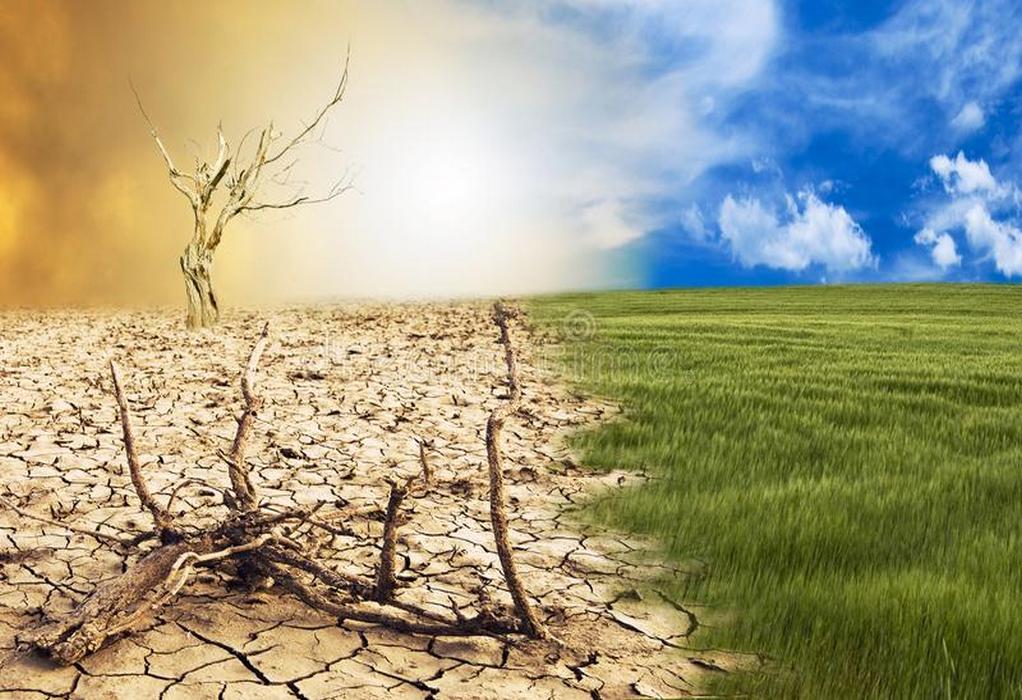The Energy and Resources Institute (TERI) organized a first-of-its-kind panel discussion at the Climate Live Pavilion during COP28, focusing on the Sixth Assessment Report (AR 6) by the Intergovernmental Panel on Climate Change (IPCC) and its relevance for India.
Prof Jim Skea, IPCC Chair, shared the global assessments of the IPCC and their specific implications for India’s climate realities. Prof Skea outlined projections for India, providing crucial insights that can guide the country’s development trajectories in response to climate change challenges. Emphasizing the urgency of action, the report underscored the severe consequences humanity faces without immediate mitigation efforts targeting key climate change drivers.
Dr Vibha Dhawan, Director General, TERI, commenced her welcome address, reflecting on the longstanding historic association between TERI and IPCC. She credited the integration of ‘sustainability’ into the ethos of every ‘TERI-ite’ to this enduring partnership. Dr Dhawan’s address emphasized the concern over rising temperatures, underscoring its broader implications for humanity and particularly its impact on lower-income segments. Expressing deep apprehension about the alarming state of current climate change, Dr Dhawan remarked, “We are already late in taking action. The impact of climate change is far uglier than what was predicted. Unfortunately, the impacts are not uniform. The countries already struggling are going to be negatively impacted due to the changing climate.”
Guiding the audience through the IPCC assessments, Prof Skea stated, “Current policies are likely to lead to temperature overshooting 1.5-degree target. Net zero globally does not mean net zero for all countries and sectors simultaneously.” In the upcoming cycle, the IPCC is determined to prioritize equity issues. Most vulnerable countries are the least contributors to emissions per capita. “These vulnerabilities are exacerbated by inequity and marginalization,” he added. His presentation was succeeded by the launch of the report ‘Practices and Solutions: Accelerating Indian Industry Decarbonisation.’ The report is a compilation by signatory Indian companies of the Industry Charter for Near-Zero Emissions Ambition by 2050. The report captures the key achievements and voluntary actions by Indian industries.
During the interactive session, the IPCC Chair and the Indian Business Leaders delved into the implications of the AR6 findings. The discussion extended to deliberations on opportunities available for India to adopt an inclusive and green development pathway. This involves leveraging the nation’s strengths, embracing innovative technologies, and adopting climate-friendly approaches to development. The dialogue aimed to pave the way for a sustainable future while addressing the pressing challenges outlined in the IPCC’s latest assessment.
The session ended with a vote of thanks by Arupendra Nath Mullick, Vice President, TERI Council for Business Sustainability.
Tags: COP28, India, IPCC, TERI



Recent Posts
FRV Partners with Envision Energy on Green Ammonia Project in Brazil
Hamburg Trials HVO 100 Biofuel for Port Fleet as Interim Decarbonization Measure
CUMTA considers water metro linking ECR and Napier bridge
BSM unveils methanol bunkering simulator to equip seafarers for greener shipping
DPA commissions India’s first Make-In-India green hydrogen plant at Kandla
Port of Tauranga to Trial New Zealand’s First Fully Electric Straddle Carrier
OceanScore Crosses 2,300-Vessel Mark as Demand for Compliance Solutions Grows
HD Hyundai and H-Line Shipping Collaborate on AI-Powered Autonomous and Eco-Friendly Vessel Technologies